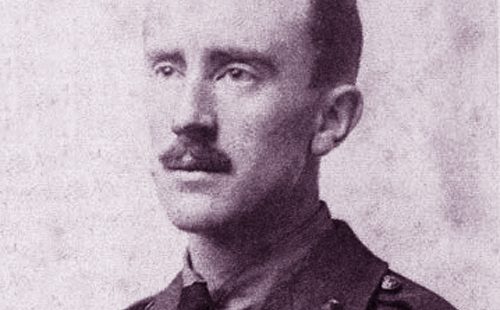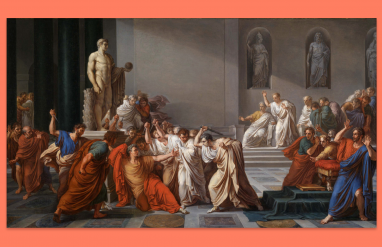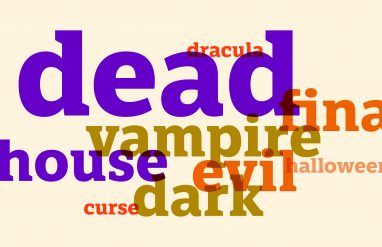Hobbit
“In a hole in the ground there lived a hobbit.” This was the sentence J.R.R. Tolkien jotted down while grading a stack of student essays, the sentence that began one of the most influential fantasy series of our time. In Tolkien’s magic realm of Middle-earth, Hobbits or “Halflings” are a race of creatures quite like humans though half their height, with large hairy feet, a kind welcoming nature, and a propensity for living underground. Tolkien invented a fictional origin for the word: holbytla meaning “hole-builder” in the ancient Halfling tongue.

















